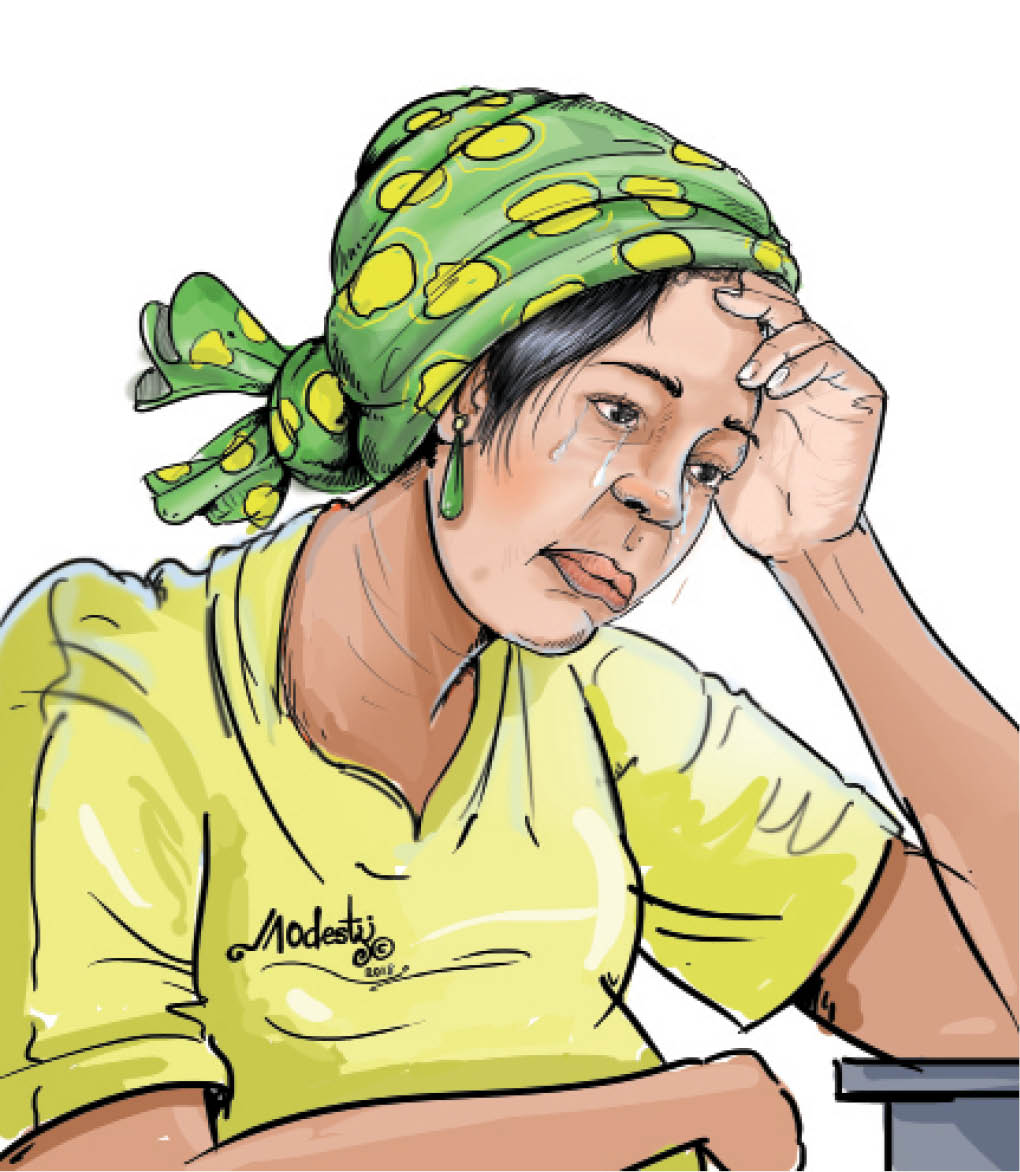Infertility: Experts tasks couples on early medical intervention
A leading expert in reproductive health care and assisted conception technologies, Dr. Abayomi Ajayi has advised couples not to wait too long before seeking medical intervention when there is delay in conception. Dr Ajayi, who is also the Chief Executive Officer of Nordica Fertility Centre gave the advice during the 2025 edition of the annual […]

A leading expert in reproductive health care and assisted conception technologies, Dr. Abayomi Ajayi has advised couples not to wait too long before seeking medical intervention when there is delay in conception.
Dr Ajayi, who is also the Chief Executive Officer of Nordica Fertility Centre gave the advice during the 2025 edition of the annual Fertility Conference organised by QuiverFull Foundation.
He said seeking medical care early enhances the identification of challenges, and success of fertility treatments.
He said the major fertility challenges in Nigeria are due to the quality of the male sperm and the state of the female reproductive system.
He said, “Particularly the ability of the female’s fallopian tube to safely carry a viable egg for between two to four days for it to be fertilised by a viable sperm, then delivered to the womb. The womb too must be ready and able to receive the fertilised egg to begin the nurturing as the fertilised egg continues to develop as an embryo in the womb.”
The expert said the fertilised egg must be accepted by the womb and not be disallowed from attaching to the wall of the womb at the onset of pregnancy in several specific sequences that must also happen within a specific duration of time for pregnancy to succeed.
He said, “For example, any failures in the timing for the viable egg to meet a viable sperm in the fallopian tube, leads to the failure of the eggs that arrive in the uterus (womb) to remain unfertilised, leading to the rupture of the lining of the wall of the womb and attendant bleeding signalling the beginning of the menstrual flow and the attendant loss of that pregnancy opportunity, until the womb is freshly prepared again for the reception of a fertilised egg another 28 days, which is the average duration of a menstrual cycle.
“Anything that therefore impedes the production of viable eggs in the woman or sperms in the man, or absence of a conducive environment that will facilitate fertilisation of an egg and sperm in the two fallopian tubes, or alters the receptivity of the lining of the womb for the fertilised egg coming in, or an environment not conducive to the nurturing of the fertilised egg, now an embryo in the womb, can be a cause of infertility.”
He further said infertility is classified as primary or secondary. According to him, primary infertility is when a person has never achieved a pregnancy after trying for at least one year, while secondary infertility is when at least one prior pregnancy has been achieved.
Dr Ajayi said unhealthy diets, drug abuse, excessive body weight, smoking, alcohol intake, exposure to poisonous chemicals can cause either type of infertility, but mostly secondary infertility.
He added that assisted conception using fertility enhancement technologies such as In vitro fertilization (IVF) are helping couples overcome infertility.
Catherine Oyenike Abagun, founder of Quiver Full Foundation said the foundation has over the last seven years, used assisted human fertilisation technologies to facilitate pregnancies for at least 40 Nigerian couples who delivered 20 babies.
She announced that the foundation has N150m worth of infertility treatment free to assist at least 30 Nigerian couples to have their own children this year.
She said sets of five couples each, have since the second week of January in Lagos, been starting their journeys to parenthood every weekend, with fertility tests and preparation for the possible use of the latest and most effective of assisted reproductive technologies.
Other speakers at the conference were a Nigerian entrepreneur and motivational speaker, Yetunde Zacchaeus and a television personality, Mrs Tope Mark- Odigie.
